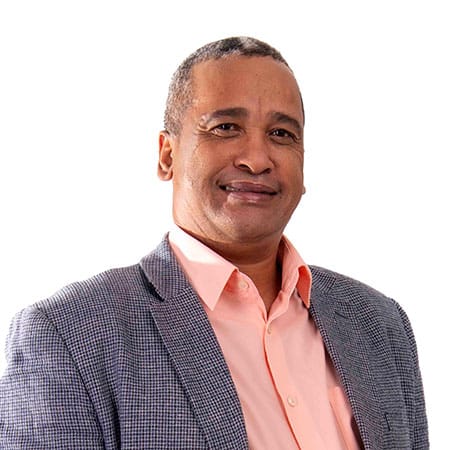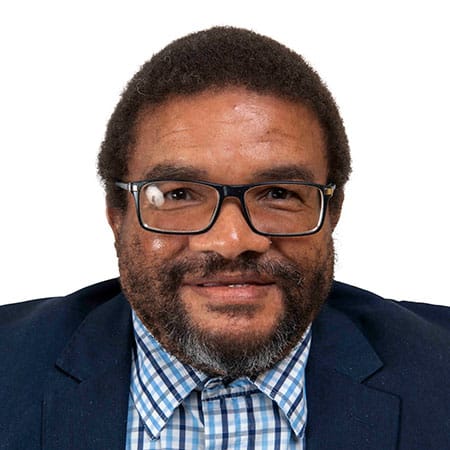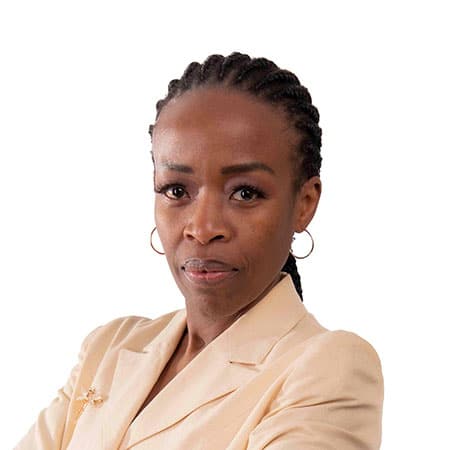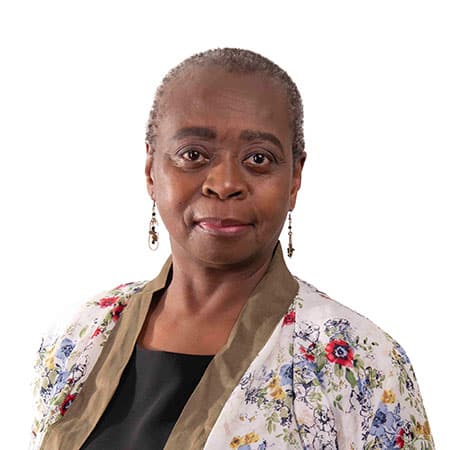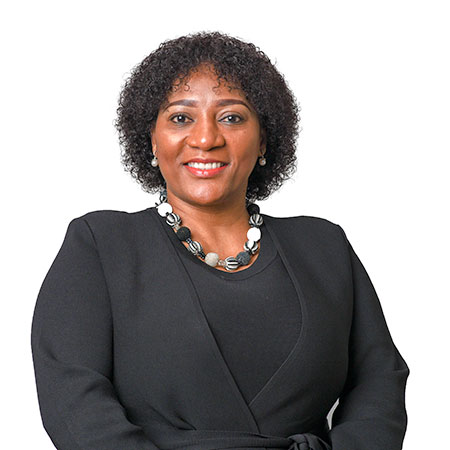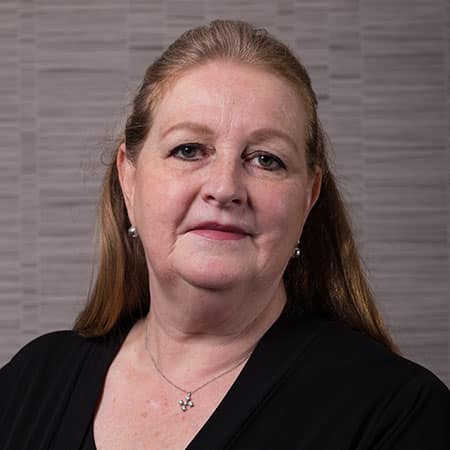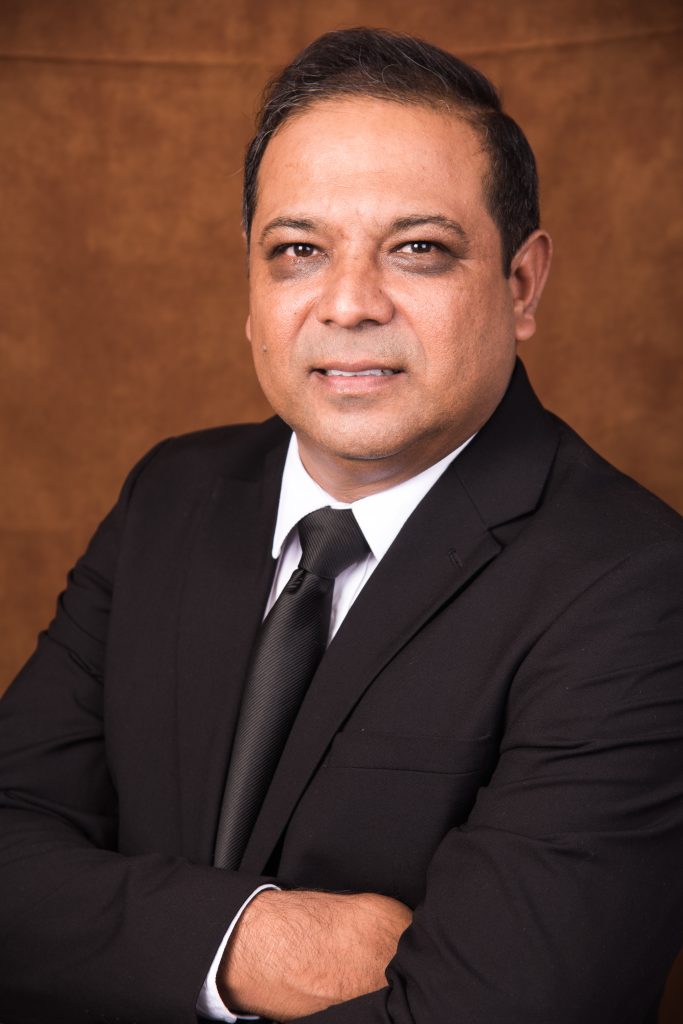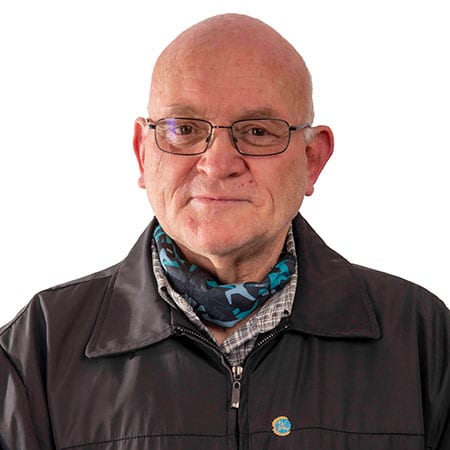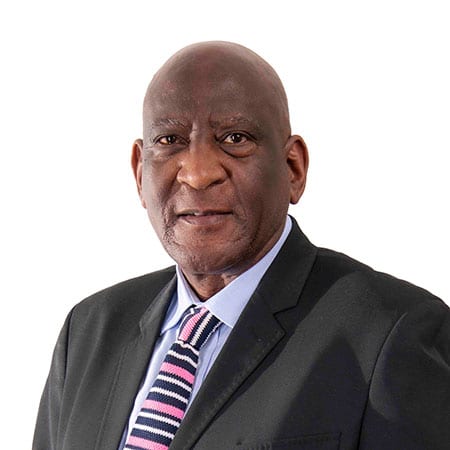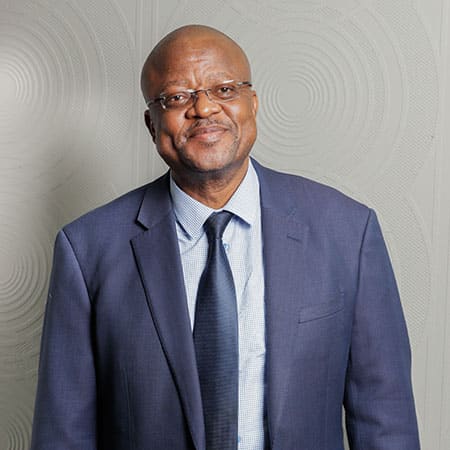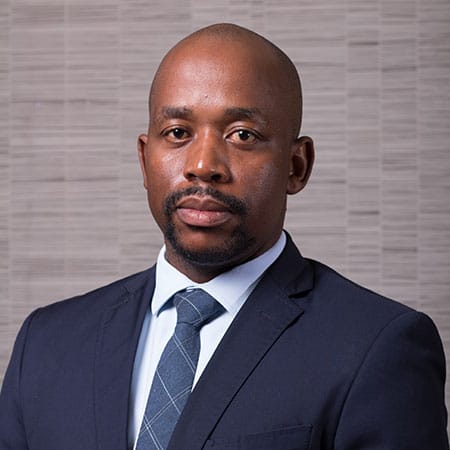What We Do
Our primary function is to facilitate skills development through learning programmes like learnerships, skills programmes, internships and other learning programmes. We do this by disbursing grants to employers and skills development providers to offer training to employed and unemployed learners. As delegated by the Quality Council for Trades and Occupations (QCTO), our role includes overseeing occupation-based training.
People of all ages need to learn new skills. Others are already working but need to develop their skills and advance their careers. Others require new skills to gain employment.
The services sector contributes more than a quarter of South Africa’s GDP, with more than 3 million people employed. For the sector to thrive and grow, it requires competent and skilled workers.
By facilitating and funding programmes that build skills-sets required by the services industries (the workplace), the Services SETA bridges the gap between formal education and training. To fulfil its functions, the Services SETA partners with public and private learning institutions to deliver the training required.
Our Vision, Mission & Values
Our Vision
A flourishing services sector that creates economic growth and inclusive opportunities for all South Africans.
Our Mission
Facilitation of quality skills development for employment and entrepreneurship in the services sector, for national economic growth.
The Services SETA upholds the following values:

Our Scope of Services
The Services SETA covers 70 Standard Industrial Classification (SIC) Codes that are divided into 16 subsectors, making it the largest SETA. Each of these subsectors is further divided into six chambers: The Services SETA covers 70 Standard Industrial Classification (SIC) Codes that are divided into 16 subsectors, making it the largest SETA. Each of these subsectors is further divided into six chambers.
Each chamber has a Chamber Committee made up of key industry players like associations, unions, professional bodies, and employers.
If you want to participate in chambers please contact the Chamber Managers for more information:

Real Estate & Related

Management & Business

Communication & Marketing
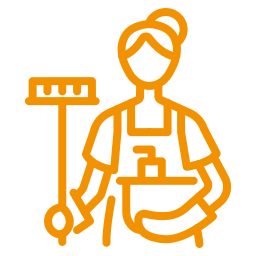
Cleaning & Hiring Services
Legislative Framework
Sector Education and Training Authorities (SETAs) are highly regulated entities. SETAs are established by the Skills Development Act No 97 of 1998. The funding of SETAs is regulated by the Skills Development Levies Act No 9 of 1999. The SETA must manage these funds in accordance with the Public Finance Management Act (PFMA) and the related regulations, including the Supply Chain Management Regulations. These Acts are amended from time to time and such amendments need to be factored into the work of the Services SETA.
SETA’s work is also guided by the South African Qualifications Act No 58 of 1995. Under the Act, SETAs can be Education and Training Quality Assurers (ETQA).
The National Qualifications Framework Act No 67 of 2008 and the 2008 amendments to the Skills Development Act (2008) established the Quality Council for Trades and Occupations (QCTO).
The SETAs contribute to the country’s National Development Plan (NDP) 2030, which emphasises the need for a skilled labour force to reduce poverty and promote equality. The National Skills Development Plan 2030 supports the NDP and has eight intended outcomes namely:
Our Board
The Accounting Authority of the SETA or the Board is the highest decision-making structure of the Services SETA. As part of its role, the Board provides leadership and strategic direction, ensures efficient control, proper governance, accountability, and compliance with statutory requirements. In addition, the Board manages institutional risk. It also liaises with stakeholders and participates in chamber committees with specific terms of reference.
The Board comprises 15 members and the CEO is an ex-officio member. The Minister nominates the Chairperson and appoints the Board. The other 14 members of the Board are nominated as follows:
- Six persons nominated by organised labour
- Six persons nominated by organised employers
- Two persons are nominated by either a government department, professional body, bargaining council or community organisation with a vested interest in the SETA.
SETAs have a Memorandum of Understanding (MOU) signed with the Director – General of the Department of Higher Education and Training that lays out the responsibilities and obligations of the ministry and the SETA. As part of the MoU, the SETA outlines what it plans to accomplish during a financial year and how it will report to the ministry.



